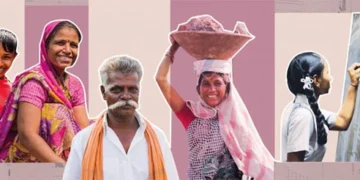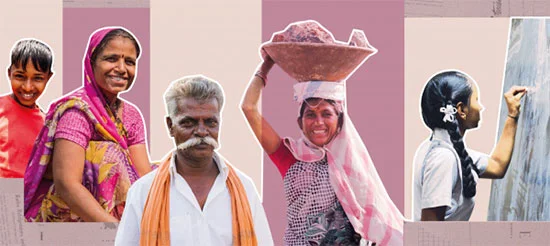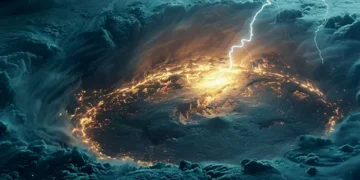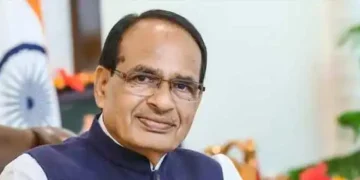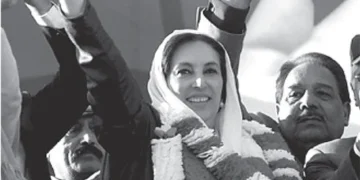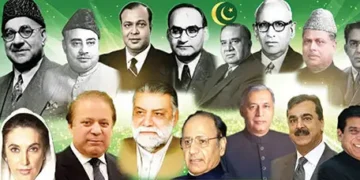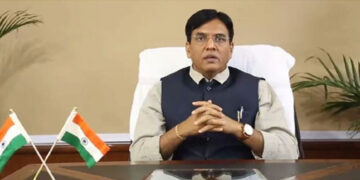Blitz Bureau
NEW DELHI: Democracy asks simple questions: Does any child sleep hungry, does any mother wrestle with anxiety, does any father living on a daily wage wonder about the family meal tomorrow in the India of the 2020s? The answer is no.
Narendra Modi’s Pradhan Mantri Garib Kalyan Yojana has ensured the highest level of security: food security. Some 800 million Indians get, every month, five kilograms of wheat or rice and one kilogram of preferred pulses. It is the largest social welfare scheme in human history. For Modi this was a fundamental right.
Meaning of trickle
Every Prime Minister has wanted to reduce poverty, but each largely left the responsibility to a massive Government machine which sought answers from the algorithm of overall economic development. The net effect was accurately described, not least by some of its votaries who loved above all the attention of a press conference, as the “trickle-down theory”. They never wondered about the meaning of trickle.
The theory was premised on a disproportionate value system. The rich got rivers; the middle class got a rivulet; the poor got a trickle. No one ever put it in these terms, but the hidden rationalisation was that each got what it merited. The poor deserved their poverty because ignorance and stupidity had kept them poor. Their existence was not defined by a rational compulsory standard in the quality of life but by an incremental rise; if they were a little better off than before then all was good.
Till 2014 women in hundreds of millions did not have basic sanitation, and no one in the classist traditional ruling spectrum lost any sleep over it. They were half a loaf of bread better off than before, weren’t they? Their children were a semi-educated school better off than illiteracy, and that was good enough for the masses.
Of and for people
A paradox must be addressed. A government in a democracy may not be run by the people, but it must be of and for the people. Otherwise, you do not get reelected. The greatest demand for good governance comes from the poor: Why did they rebel so rarely? It is easy to attribute this to fatalism, as Western ‘Orientalists’ have done to justify their economic oppression, conjuring up an image of the East that degraded every aspect of society including culture and religion.
British Orientalists turned Hindu gods into ‘monsters’ even when civilisational achievements in temple architecture left them awestruck. Muslims became synonymous with brutality. The Chinese became opium-eaters. Their own record of citizen-massacres and mass murder through famine was permitted the minutest place in books, and erased from public memory if it escaped censorship.
The Indian poor were filled with hope in the 1950s, and gave vent to their growing disillusionment in the General Election of 1967. In 1971, Indira Gandhi brought ‘Garibi Hatao’ to the top of the democratic agenda but could not do as much about the promise as she may have wished.
The challenge to India’s unity in the 1980s and 1990s, and the heavy price paid, derailed the economic discourse. The economic reforms of the 1990s, essential to the very survival of the nation, delivered disproportionate rewards but, by the turn of the century, the time for excuses was getting over. Suffice to say that if Prime Minister Modi had not lifted Indians out of harsh poverty there would have been perpetual upheaval.
China’s first experiment in a ‘great leap forward’ under the helmsman Mao Zedong ended in an estimated 55 million deaths and economic disaster because it invested in dislocation of all kinds. The repair work had to be done by Deng Xiaoping. It is far more sensible to march ahead rather than leap forward. You keep your feet on the ground.
India marched ahead, but for a long while the pace of the march varied from one class demographic to another. Disparity has not disappeared. It cannot. There is no Utopia, except in books. But India can now assert with confidence that the poor do not belong to another country.
